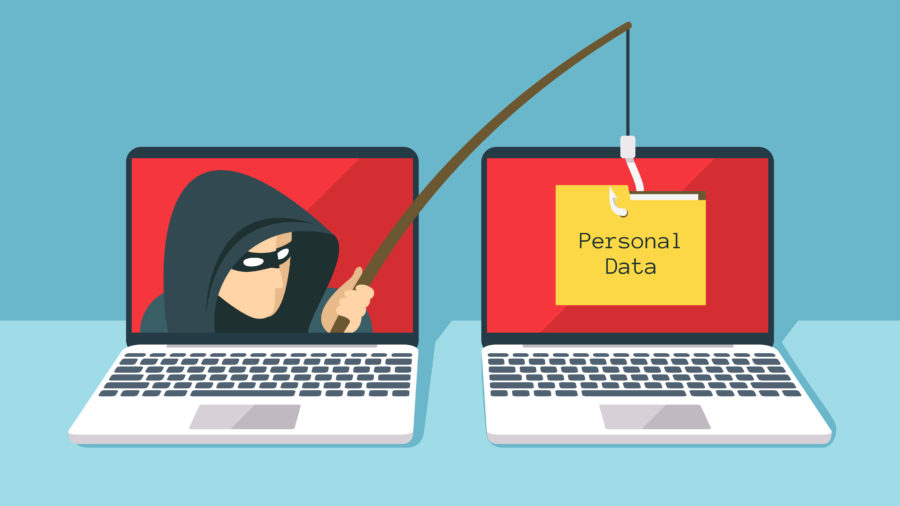4QuartersIT: Blog

7 Types of Phishing Emails & 3 Tips to Protect Yourself
What is phishing?
Scammers send you a message that appears to be from a reputable company to deceive you into clicking a link, opening an attachment or sharing compromising personal information, but there are several things you can do to protect yourself and your company.
How To Recognize Phishing
Scammers use email or text messages to trick you into giving them your personal information. They may try to steal your passwords, account numbers, or Social Security numbers. If they get that information, they could gain access to your email, bank, or other accounts. Scammers launch thousands of phishing attacks like these every day — and they’re often successful. The FBI’s Internet Crime Complaint Center reported that people lost $57 million to phishing schemes in one year.
Scammers often update their tactics, but there are some signs that will help you recognize a phishing email or text message.
Phishing emails and text messages may look like they’re from a company you know or trust.
They may look like they’re from a bank, a credit card company, a social networking site, an online payment website or app, or an online store.
 Phishing emails and text messages often tell a story to trick you into clicking on a link or opening an attachment.
Phishing emails and text messages often tell a story to trick you into clicking on a link or opening an attachment.
They may:
- say they’ve noticed some suspicious activity or log-in attempts
- claim there’s a problem with your account or your payment information
- say you must confirm some personal information
- include a fake invoice
- want you to click on a link to make a payment
- say you’re eligible to register for a government refund
- offer a coupon for free stuff
What to do if you receive a suspicious email?
If you receive a suspicious email, forward it to spam@4QuartersIT.com and delete it.
Tips to help protect you from fraudulent messages:
- Always verify the “From” line in your emails.
- Check emails for misspellings or grammatical errors. This is often a sign of fraud.
- Never respond to an email that requests personal information such as a PIN, password or online ID to verify an account or to reactivate that account or service.
Keep in mind, most companies will never ask for online or mobile login info, including temporary passcodes used to double authenticate a user. If you ever feel your personal information may be at risk, please immediately call 904-674-2110 to report the incident and initiate possible fraud prevention procedures.
4QuartersIT has helped numerous clients with their email security and protection needs! Our experts will work with you to determine the types of email security solutions that meet your organizations current needs while allowing for expansion as your needs change. No matter the size of your organization, we can help! Please contact our Security Specialist @ Security@4QuartersIT.com for a free consultation and we will be happy to help!







